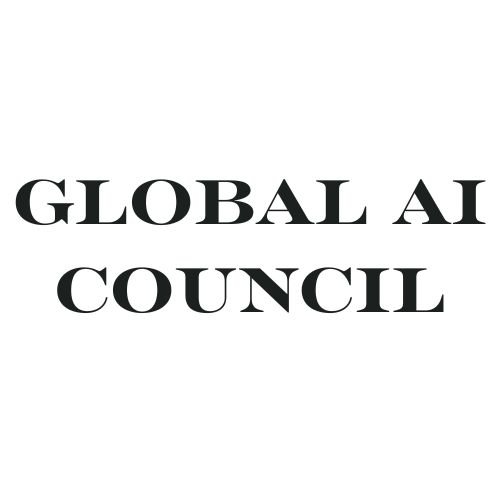Ethics in AI: Navigating the Moral Implications
Artificial Intelligence (AI) is rapidly transforming various aspects of our lives, from healthcare and education to finance and entertainment. However, as AI becomes more integrated into society, it brings with it a host of ethical challenges and moral implications that must be addressed. Navigating the ethical landscape of AI is crucial to ensure that this powerful technology is used responsibly and equitably. Here’s an exploration of the key ethical considerations in AI and how we can navigate them.
1. Bias and Fairness
One of the most pressing ethical issues in AI is bias. AI systems are trained on data that often reflect historical and societal biases, which can lead to biased outcomes. For instance, facial recognition technology has been shown to have higher error rates for people of color compared to white individuals.
Addressing Bias: To mitigate bias, it is essential to use diverse and representative datasets for training AI models. Continuous monitoring and auditing of AI systems can help identify and rectify biases. Moreover, involving a diverse group of stakeholders in the development process can provide multiple perspectives and help in creating fairer AI systems.
2. Transparency and Accountability
AI systems often operate as "black boxes," making decisions without clear explanations. This lack of transparency can lead to mistrust and hinder accountability.
Ensuring Transparency: Developers should strive to create AI systems that can explain their decision-making processes. Transparent AI models help users understand how decisions are made and ensure that those responsible for deploying AI systems are held accountable for their outcomes. Clear documentation and open communication about how AI systems work are also crucial for building trust.
3. Privacy and Data Protection
AI relies heavily on vast amounts of data, raising significant concerns about privacy and data protection. The collection, storage, and analysis of personal data can lead to unauthorized access and misuse.
Protecting Privacy: Implementing robust data protection measures, such as encryption and anonymization, is essential to safeguard personal information. Regulatory frameworks like the General Data Protection Regulation (GDPR) provide guidelines for the ethical use of data. Organizations must adhere to these regulations and ensure that they obtain informed consent from individuals before collecting their data.
4. Autonomy and Control
AI systems have the potential to make decisions that significantly impact individuals' lives, raising questions about autonomy and control. For example, AI-driven algorithms used in hiring or lending decisions can profoundly affect individuals' opportunities and financial stability.
Maintaining Human Oversight: It is crucial to maintain human oversight in AI decision-making processes. AI should augment human capabilities rather than replace human judgment. Ensuring that humans have the final say in critical decisions can help balance the benefits of AI with the need to respect individual autonomy.
5. Ethical AI Development
The development of AI technologies should be guided by ethical principles to ensure they benefit society as a whole. This involves considering the long-term consequences of AI and striving to create technologies that promote social good.
Promoting Ethical Development: Organizations should establish ethical guidelines and principles for AI development. These principles should include fairness, transparency, accountability, and respect for privacy. Engaging ethicists, sociologists, and other experts in the development process can provide valuable insights and help in creating ethically sound AI systems.
6. Social and Economic Impact
AI has the potential to disrupt labor markets and widen socio-economic disparities. The automation of jobs can lead to unemployment and economic inequality if not managed properly.
Mitigating Economic Disruption: Policymakers and businesses must work together to address the economic impact of AI. This includes investing in education and training programs to help workers adapt to new technologies and creating social safety nets to support those affected by automation. Encouraging the development of AI applications that create new job opportunities can also help mitigate negative economic impacts.
7. Global Cooperation and Governance
AI development and deployment are global in nature, requiring international cooperation and governance to address ethical challenges effectively. Different countries have varying regulations and ethical standards, complicating the creation of universal guidelines.
Fostering International Collaboration: International organizations and governments should collaborate to establish global standards and best practices for AI ethics. Sharing knowledge and resources can help ensure that AI technologies are developed and used responsibly worldwide. Creating international regulatory frameworks can also help address cross-border ethical issues and promote the equitable distribution of AI benefits.
Conclusion
Ethics in AI is a complex and multifaceted issue that requires careful consideration and proactive measures. As AI continues to evolve, it is essential to address the ethical challenges it presents to ensure that it benefits society as a whole. By promoting fairness, transparency, accountability, and respect for privacy, we can navigate the moral implications of AI and create a future where this transformative technology is used responsibly and equitably. Global cooperation and a commitment to ethical principles will be key to harnessing the full potential of AI while safeguarding the rights and well-being of individuals.
